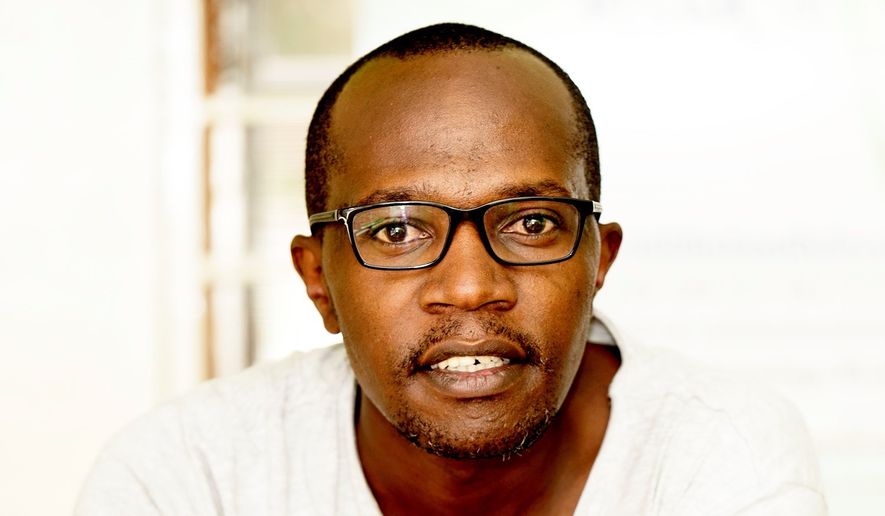A coalition of Christian nonprofit groups is asking the United Nations Committee on the Rights of the Child to end support for “institutional” orphanages and emphasize family-based care for orphans, whose ranks have grown by 1.5 million during the coronavirus pandemic.
A letter released Thursday morning by the Faith to Action Initiative, a coalition of Christian-based global child-welfare organizations, calls on the world body to strengthen family options for orphans and children needing assistance while reducing institutional care.
The U.N. panel, part of the world body’s Office of the High Commissioner for Human Rights, is holding two days of “general discussion” on children’s rights and alternative care beginning Thursday in Geneva.
The committee wants to examine issues surrounding care for children including “the unnecessary separation of children from their families,” its website indicates.
Although American Christians give an estimated $3.3 billion annually to fund orphanages overseas, the Faith to Action Initiative’s leadership says such warehousing can harm children, many of whom may actually have either parents or relatives in their communities who could raise the youngsters with sufficient economic help.
Stephen Ucembe, a Kenyan who spent 14 years at a care facility in Nairobi with 150 other children and only two caregivers per shift, is active in the campaign to end such institutionalizations.
“We tell people instead of removing children from their families because of poverty, why don’t you address poverty within the family to ensure that the children continue to enjoy the care of their families, and ensure they continue to enjoy the protection of communities,” Mr. Ucembe, founder of the Kenya Society of Careleavers, said in a video interview from Nairobi.
Mr. Ucembe said that children become disoriented when removed from their localities and are placed in largely unsupervised institutional settings.
He said studies show such placements can result in slowed or delayed mental and social development for the children.
Mr. Ucembe said in some nations, governments aren’t the only ones involved in the child welfare system. Aid groups that raise money from overseas donors — chiefly in Europe and North America — encourage the placement of children in institutional care, thus providing a motivation to solicit more donations.
He said that the isolation of children in orphanages can result in difficulties reintegrating into society when these youngsters “age out” of the care facility. Some turn to crime since they’ve not had sufficient training in life skills, nor enough social contact.
“Their whole adulthood is destroyed,” he added.
According to Elli Oswald, who heads Faith to Action Initiative and was formerly at the Christian charity World Vision, many donors are unaware of the negative side of such institutions overseas.
Ms. Oswald said that while the institutions are assumed to be a necessary means of helping at-risk children, “most of these children have parents, many of those parents are in difficult situations and in crisis, and the orphanage becomes an option to ensure that our children are receiving their basic essentials and needs.”
A preferable alternative is to have children in “a family of a loving caregiver” who can aid in the child’s development, she said.
The goal of the Faith to Action Initiative is to direct more support to families so they can better care for children.
Ms. Oswald noted that the Committee on the Rights of the Child has already passed a resolution supporting an end to institutionalized care of children and the prioritization of family based care as an alternative.
The 2021 meeting in Geneva will aim to advance these goals, she said.
“I am optimistic because we’re seeing not only the increasing attention at the international level, the U.N. level, but we’re seeing national level alignment with best practices policies and changing legislation,” Ms. Oswald added.
To Mr. Ucembe, who was sent from his orphanage with $100 and no training to handle the outside world, he’s hopeful the fate of many children in Kenya and elsewhere can be changed.
“If we enhance foster care, if we enhance adoption, it’s possible to make sure that every child gets to enjoy the love and care of a family,” he said.
• Mark A. Kellner can be reached at mkellner@washingtontimes.com.




Please read our comment policy before commenting.